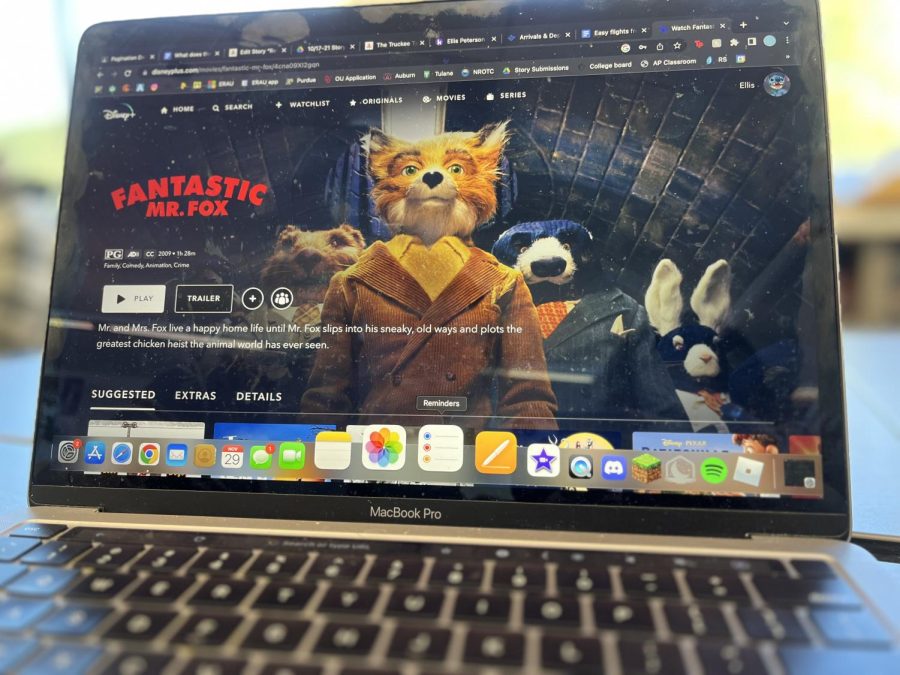Wes Anderson’s Stop Motion Message
Fantastic Mr. Fox, a book by Roald Dahl, could be one of the best stories ever.
The story is as whimsical as it is wise and embodies what makes Roald Dahl’s books so enjoyable, regardless of the test of time. It is a tale of cunning intuition and palpable perseverance. It encapsulates an era while simultaneously presenting a message, but…
It’s just a bunch of animals.
And that’s just the thing that Wes Anderson’s stop-motion film adaptation of the book tries to accomplish. The premise of the story is quite simple in terms of anthropomorphology, which is a big word that means attributing human-like qualities to nonhuman things. Everyone within the world of “Fantastic Mr. Fox”, is an animal, except for the human villains, placing the audience in a guilty yet intriguing feeling of compassion towards the characters.
It feels strange to root against your own people.
The animals buy new houses, hold complicated relationships with realtors, and try to raise kids, all while feeling trapped by the life they live. Even after moving into a much better location, Mr. Fox still feels poor, which is something many can relate to. The feeling of loneliness really is when you experience it in a room full of friends. Despite this complete duality between the foxes and the ruthless killer farmers, they both are the same in many aspects.
Mr. Fox’s family is a messy thing. They all want to be more than just a poor family, and their wishes to be more than just their strange selves boils over the top when Mr. Fox starts stealing stock from the mean farmers in order to satisfy the “different” in him. This inevitably ends up with a huge war, a feud over the food he stole that ruins the lives of many that lived among the foxes.
Mr. Fox risks it all to go further, to drain everything from the farmers, indulging in a revelrous feast of everything the farmers own. Even then it isn’t enough, and he makes a realization. As he looks around, at all the people he let down, he doesn’t just see the jobs and lives that formed them, he also sees a bunch of wild animals. He witnesses those around him for what they are, and what they need to be.
The film is a brilliant marker for not just Roald Dahl, but what children’s media should be. You can find it for free on Youtube or Disney+ right now, or you can buy it on Amazon. So take a moment to watch, because while we are such complex beings filled with fascination and wonder, we are also just a bunch of monkeys.
Ciaran is a freshman at Truckee High School. As this is his first year going into Journalism, he strives for stories that include film, music, reading,...
Lola is currently a Junior and is in her second year as a Managing Editor. She established the Truckee Times and continues to grow and evolve in her...

